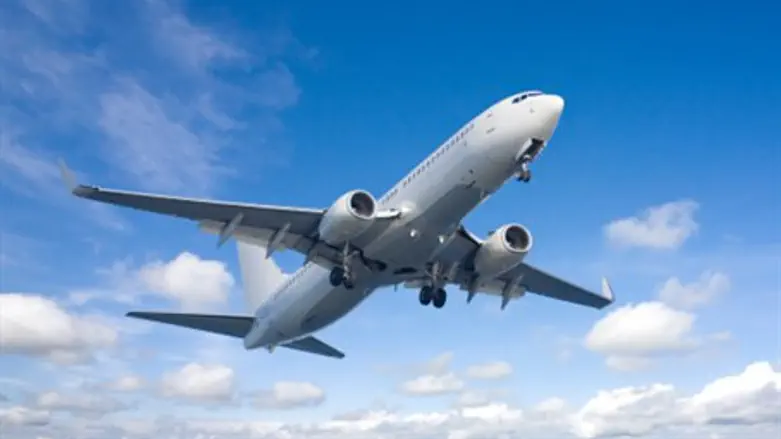
Officials in the United States said on Sunday they will not allow uncharged electronic devices onto U.S.-bound airplanes at some overseas airports, according to Sky News.
The announcement by the Transportation Security Administration (TSA) is part of the agency's efforts to bolster airport security amid suggestions of a plot by Islamic extremists to blow up an airliner.
The TSA said that passengers at certain international airports may be asked during security screening to turn on their electronic devices, such as mobile phones, tablet or laptop computers.
If they do not have power the devices will not be allowed on planes, said the agency, according to Sky News.
The TSA will not specify which airports will be subject to the extra screening.
"As the traveling public knows," the TSA's written statement said, "all electronic devices are screened by security officers.
"During the security examination, officers may also ask that owners power up some devices, including cell phones.
"Powerless devices will not be permitted onboard the aircraft. The traveler may also undergo additional screening," the statement said.
Over the past few days, U.S. officials have indicated they would be increasing security measures at airports overseas.
That decision came amid deepening concerns that terrorists in war-ravaged Syria are trying to develop a new generation of bombs that could be smuggled onto commercial planes.
American authorities have singled out Apple iPhones and Samsung Galaxy handsets for extra security checks, reported Sky News.
They would apply to US-bound direct flights from Europe, the Middle East and Africa, the officials said.
U.S. authorities are also concerned that hard-to-detect bombs could be built into shoes.
The Homeland Security Department has offered few details on how airlines and airports will implement the plan to step up general security checks.
France said last week it would bolster airport security at the request of Washington, joining several nations that have already done so.
Western powers have repeatedly expressed concern that some of their citizens have traveled to fight in the civil war in Syria, some of them joining extremist groups that might one day seek to strike their home countries.
It has already been confirmed that one American citizen carried out a suicide bombing within Syria; in February it was estimated that at least 50 U.S. citizens are fighting in Syria against Assad, and are liable to bring terrorism back to their home country once the war is over.
